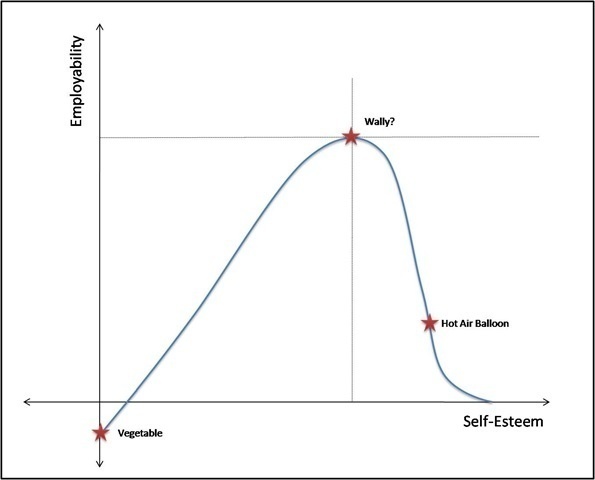Or No pain, no gain … the adage holds, is what empirical data says. A working paper by Harvard Business School presents its findings on human capital, performance incentives and ownership models.
Do different kinds of firm ownership drive the adoption of different managerial practices? HBS professor Raffaella Sadun and coauthors focus on the difference between the two most common ownership modes, family firms and firms that are widely held, namely that have no dominant owner. They find that the greater weight attached by family firms to benefits from control induces a conflict of interest between family-firm owners and high-ability, risk-tolerant managers. Key concepts include:
- Family firms systematically offer low-powered incentive contracts to external managers compared with widely held firms. The differences are economically large.
- Where incentives are more powerful, managers exert more effort, are paid more, and are more satisfied.
- Firms that offer high-powered incentives are associated with better performance. This result holds even after controlling for the type of ownership.
- Economies where family firms prevail because of institutional or cultural constraints are also economies where the demand for highly skilled, risk-tolerant managers languishes.
What this study suggests, is that to have high performance managers, organizations should employ the high powered incentives (this may not be as simple as cutting the current CTC of an individual into fixed and variable components). The last finding suggests that economies (and even societies) where family firms are prevalent (take Marwaris or Sindhis), the risk-appetite may be lesser. The first set of findings is also interesting since it is related to satisfaction.
So the next time you are considering a job, maybe these tips might help you evaluate that job slightly better –
- Is there a variable component, is the calculation of that component completely transparent?
- Will you be empowered enough to take risks and get the job done?
- How mediocrity based is the leadership? (As in, is the leadership attracting the best talent, or the talent which can be ordered around)
- Is your work ecology risk tolerant Or does it always stick to the safe path?




